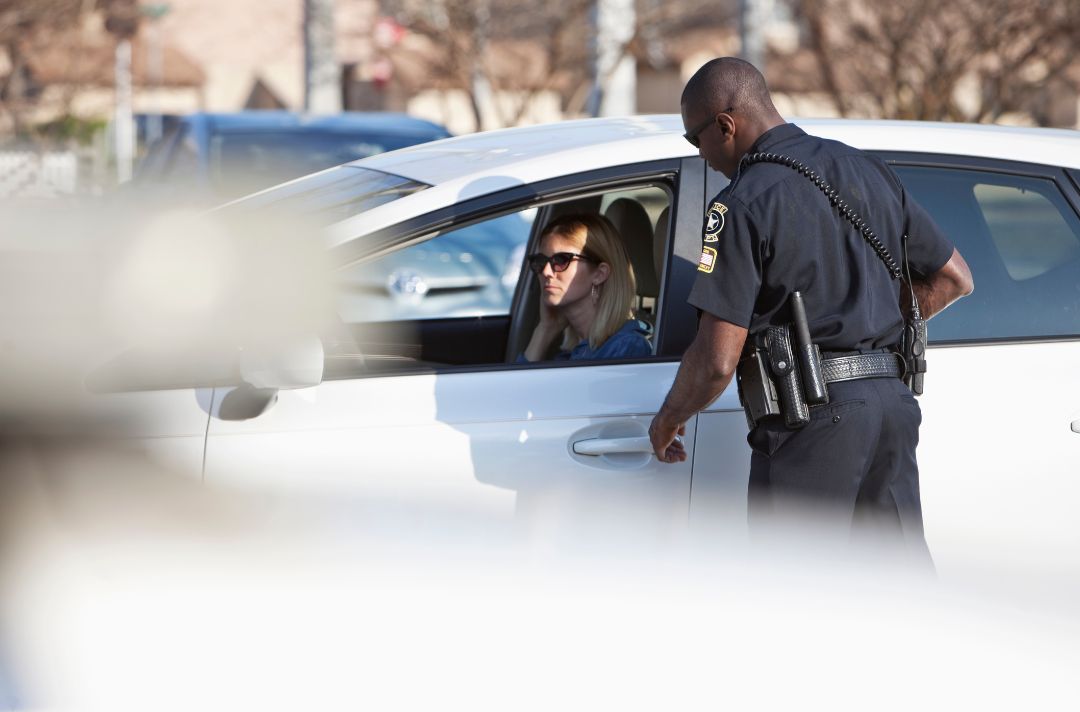
Facing a DUI stop in Washington, DC, can be overwhelming, and one of the immediate concerns for many drivers is: What happens to my vehicle? A DUI (Driving Under the Influence) charge triggers a series of legal and administrative actions that can affect your vehicle, from impoundment to potential forfeiture in extreme cases. This comprehensive guide explains what happens to a vehicle after a DC DUI stop, the steps to retrieve it, associated costs, and how to navigate the process effectively.
Why Does a Vehicle Get Impounded After a DUI Stop in DC?
In Washington, DC, law enforcement prioritizes public safety. When you’re stopped for a suspected DUI, the Metropolitan Police Department (MPD) may impound your vehicle to prevent further risk to the public. According to DC law, a vehicle can be impounded if:
- The driver is arrested for DUI: If you’re arrested for driving under the influence of alcohol or drugs (per DC Code § 50-2201.05), your vehicle may be considered a public safety hazard and towed to an impound lot.
- The vehicle is improperly parked: During a DUI stop, if your car is left in a hazardous location (e.g., blocking traffic), it may be towed immediately.
- No sober driver is available: If no licensed, sober person can drive the vehicle away, the police will likely impound it.
- Repeat offenses or aggravating factors: For repeat DUI offenders or cases involving accidents, the vehicle may be held for further investigation.
Impoundment ensures the vehicle is secured and not left abandoned, but it also starts a process that can involve fees, paperwork, and legal steps to retrieve your car.
What Happens to Your Vehicle Immediately After the Stop?
Once the police decide to impound your vehicle, here’s what typically happens:
- Towing to an Impound Lot: The MPD contracts with private towing companies to transport your vehicle to a designated impound lot, such as the DC Impound Lot at 4671 Benning Road SE, Washington, DC 20019.
- Inventory Search: Officers may conduct an inventory search of your vehicle to document its contents and condition. This is standard procedure to protect against liability for lost or damaged items.
- Notification: You’ll usually be informed at the time of arrest that your vehicle has been impounded. If you’re released shortly after, you’ll receive details about the impound lot’s location and retrieval process.
For first-time DUI offenses, the vehicle is usually released once you meet the retrieval requirements. However, for repeat offenders or cases involving accidents, the hold period may be extended pending investigation.
How to Retrieve Your Vehicle After a DC DUI Stop
Retrieving your impounded vehicle in DC involves several steps. Acting quickly is crucial to avoid accumulating storage fees, which can add up daily. Follow these steps:
1. Confirm the Impound Location
Contact the MPD or the DC Impound Lot at (202) 541-6083 to verify where your vehicle is being held. Have your vehicle’s make, model, and license plate number ready.
2. Gather Required Documents
To retrieve your vehicle, you’ll typically need:
- Proof of ownership: Vehicle title, registration, or lease agreement.
- Valid ID: A government-issued photo ID (e.g., driver’s license).
- Proof of insurance: Active insurance policy for the vehicle.
- Payment for fees: Cash, credit card, or certified check for towing and storage fees (more on costs below).
If someone else retrieves the vehicle for you, they may need a notarized letter of authorization.
3. Pay Towing and Storage Fees
Impoundment comes with costs, which can vary based on the towing company and duration of storage. Typical fees include:
- Towing fee: Approximately $100–$200, depending on the distance towed.
- Storage fee: Around $20–$30 per day.
- Administrative fee: Additional charges for processing, often $50–$100.
For example, if your vehicle is impounded for 7 days, you could face $250–$500 in total fees.
4. Schedule Retrieval
Visit the impound lot during operating hours (typically 8:00 AM–5:00 PM, Monday–Friday). Ensure all documents and payments are ready to avoid delays. Some lots may require an appointment due to high demand.
5. Address Any Holds
If your vehicle is held as evidence (e.g., in a DUI-related accident), you may need legal assistance to secure its release. Consulting an experienced DUI attorney can expedite this process.
How Long Will Your Vehicle Be Impounded?
The duration of impoundment depends on the circumstances:
- Standard DUI stop: Typically 7 days, but you can retrieve it sooner if you meet requirements.
- Repeat offenses: Up to 30 days or more, especially if the vehicle is part of an ongoing investigation.
- Accident or felony DUI: The vehicle may be held until the case is resolved, which could take weeks or months.
If you fail to retrieve your vehicle within the specified period (usually 30–60 days), it may be deemed abandoned and sold at auction per DC regulations.
Can Your Vehicle Be Seized Permanently?
In rare cases, your vehicle could face forfeiture, meaning the government takes permanent ownership. This typically applies to:
- Multiple DUI convictions: DC law allows vehicle forfeiture for repeat offenders (DC Code § 50-2201.05b).
- DUI with serious injury or death: If your DUI caused a severe accident, the vehicle may be seized as part of the legal consequences.
Forfeiture is uncommon for first-time offenders, but the risk increases with aggravating factors. An attorney can help contest forfeiture and protect your property.
How a DC DUI Attorney Can Help
Navigating the impact of a DUI stop in DC can be complex. An experienced DC DUI attorney can:
- Expedite vehicle release: Attorneys can negotiate with authorities to reduce hold times or waive certain fees.
- Challenge the DUI charge: A successful defense may prevent long-term consequences like forfeiture or registration holds.
- Guide you through the process: From paperwork to court hearings, legal expertise simplifies the ordeal.
Consulting a lawyer early can save time, money, and stress.
Contact Ervin Kibria Law
Don’t let a DC DUI stop jeopardize your vehicle or your future. For expert legal assistance, contact Ervin Kibria Law and speak with elite attorney Nabeel Kibria. Fill out our form or call (202) 689-4439 today to schedule a consultation.




